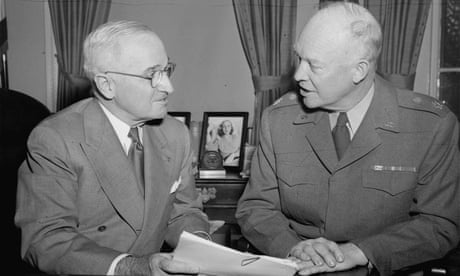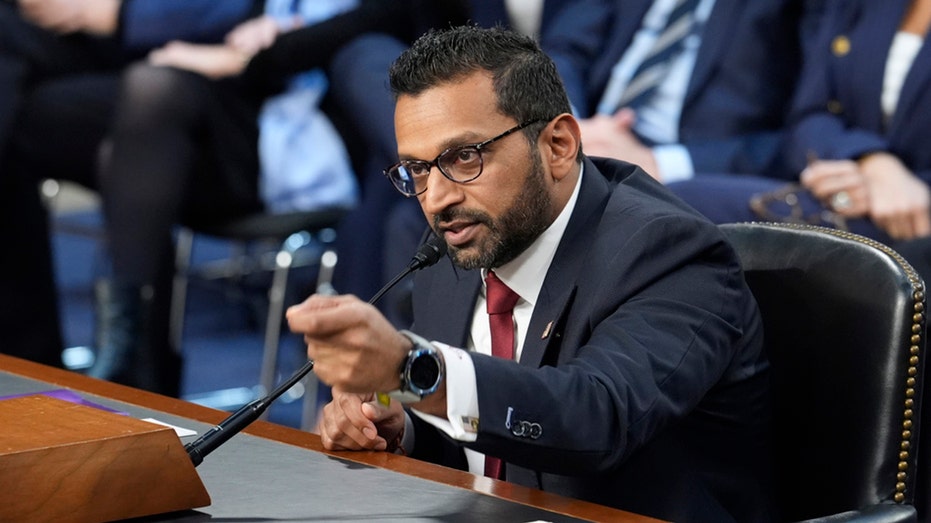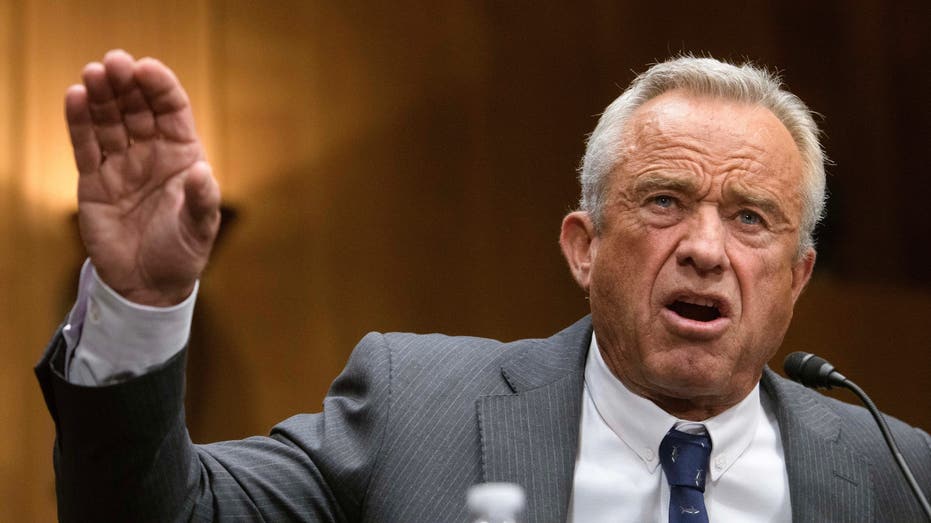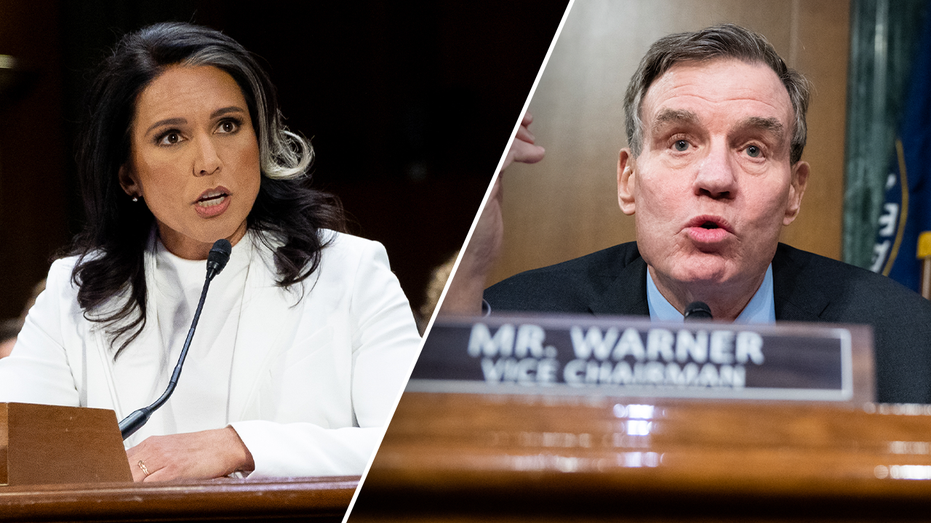- by foxnews
- 01 Feb 2025
‘Our democratic process’: Truman, Eisenhower and the peaceful transfer of power
‘Our democratic process’: Truman, Eisenhower and the peaceful transfer of power
- by theguardian
- 18 Jan 2023
- in politics

Donald Trump has often waxed nostalgic about 1950s America, but he probably never had 15 January 1953 in mind.
On that night, 70 years ago today, an outgoing Democratic president, Harry Truman, used his farewell speech to talk about the peaceful transfer of power to a Republican, Dwight D Eisenhower. Truman's message was the antithesis of Trump's plot to subvert the 2020 presidential election.
"Inauguration day will be a great demonstration of our democratic process," Truman said in a broadcast on TV and radio from the White House at 10.30pm.
"I am glad to be a part of it - glad to wish Gen Eisenhower all possible success, as he begins his term - glad the whole world will have a chance to see how simply and how peacefully our American system transfers the vast power of the presidency from my hands to his. It is a good object lesson in democracy. I am very proud of it. And I know you are, too."
It was the first such transfer in 20 years. Democrats had held the White House since 1933, covering Franklin D Roosevelt's 12 years in office and nearly eight under Truman. The last Republican president before Ike was Herbert Hoover.
"During the last two months I have done my best to make this transfer an orderly one," said Truman, who is now recognized as one of America's best presidents but who left office with low approval ratings.
"I have talked with my successor on the affairs of the country, both foreign and domestic, and my cabinet officers have talked with their successors. I want to say that Gen Eisenhower and his associates have cooperated fully in this effort. Such an orderly transfer from one party to another has never taken place before in our history. I think a real precedent has been set."
Trump shattered that precedent, egging on his supporters to storm the Capitol on 6 January 2021.
Despite Truman's talk of unprecedented cooperation with Eisenhower, the two men had a strained relationship. Their only meeting during the transition took place on 18 November 1952. An Eisenhower biographer, Stephen E Ambrose, described the exchange as "stiff, formal, embarrassing, and unrewarding". Truman offered advice on organizing staff but Eisenhower wrote in his memoirs that the 20-minute meeting "added little to my knowledge, nor did it affect my planning for the new administration".
As Jeffrey Frank recounts in his new book, The Trials of Harry S Truman: The Extraordinary Presidency of an Ordinary Man, 1945-1953, Truman met cabinet members and their wives in the Red Room on the day of Ike's inaugural.
"There, he noted, pointedly, in his diary, 'we have a most pleasant visit until the general and his entourage arrive.' After that, it went downhill, speedily."
Truman wanted Ike's son, Maj John Eisenhower, to return from Korea for the inaugural. For some reason, this peeved Eisenhower. As the two men rode to the Capitol, Eisenhower asked: "I wonder what SOB ordered my son back, just to embarrass me." According to Frank, citing Truman's military aide, Robert Dennison, Truman replied: "I did."
Still, such minor irritants didn't distract from the transfer of power.
In his farewell speech, Truman recounted becoming president after FDR's death in April 1945, as the US fought Germany and Japan. Truman had been vice-president less than three months, and hadn't been briefed on the atomic bomb.
"When Franklin Roosevelt died, I felt there must be a million men better qualified than I to take up the presidential task," Truman said. "But the work was mine to do, and I had to do it. And I have tried to give it everything that was in me."
Truman recounted his first decision, moving forward with a conference in San Francisco to organize the United Nations; his decision to drop atomic bombs on Hiroshima and Nagasaki; and other important actions.
Surprisingly, Truman didn't list dropping the bomb as his most important decision, citing instead ordering troops to South Korea in 1950.
"As I have thought about our worldwide struggle with the communists these past eight years - day in and day out - I have never once doubted that you, the people of our country, have the will to do what is necessary to win this terrible fight against communism."
But Truman also rejected suggestions from what he called "impatient" letter-writers, to "get it over with" and drop the atomic bomb to win the cold war.
"For most Americans, the answer is quite simple: We are not made that way. We are a moral people. Peace is our goal, with justice and freedom. We cannot, of our own free will, violate the very principles that we are striving to defend. The whole purpose of what we are doing is to prevent world war III. Starting a war is no way to make peace."
And he invoked the sentiment of what would become known as mutually assured destruction: "We are not the only nation that is learning to unleash the power of the atom. A third world war might dig the grave not only of our communist opponents but also of our own society, our world as well as theirs. Starting an atomic war is totally unthinkable for rational men."
- by travelandtourworld
- descember 09, 2016
Thailand's Luxury Hotels Achieve Exceptional ADR Growth in 2024, Outpacing London and Singapore in Market Gains
Thailand’s luxury hotels saw remarkable ADR growth in 2024, surpassing London and Singapore in percentage increases, highlighting strong market expansion.
read more





